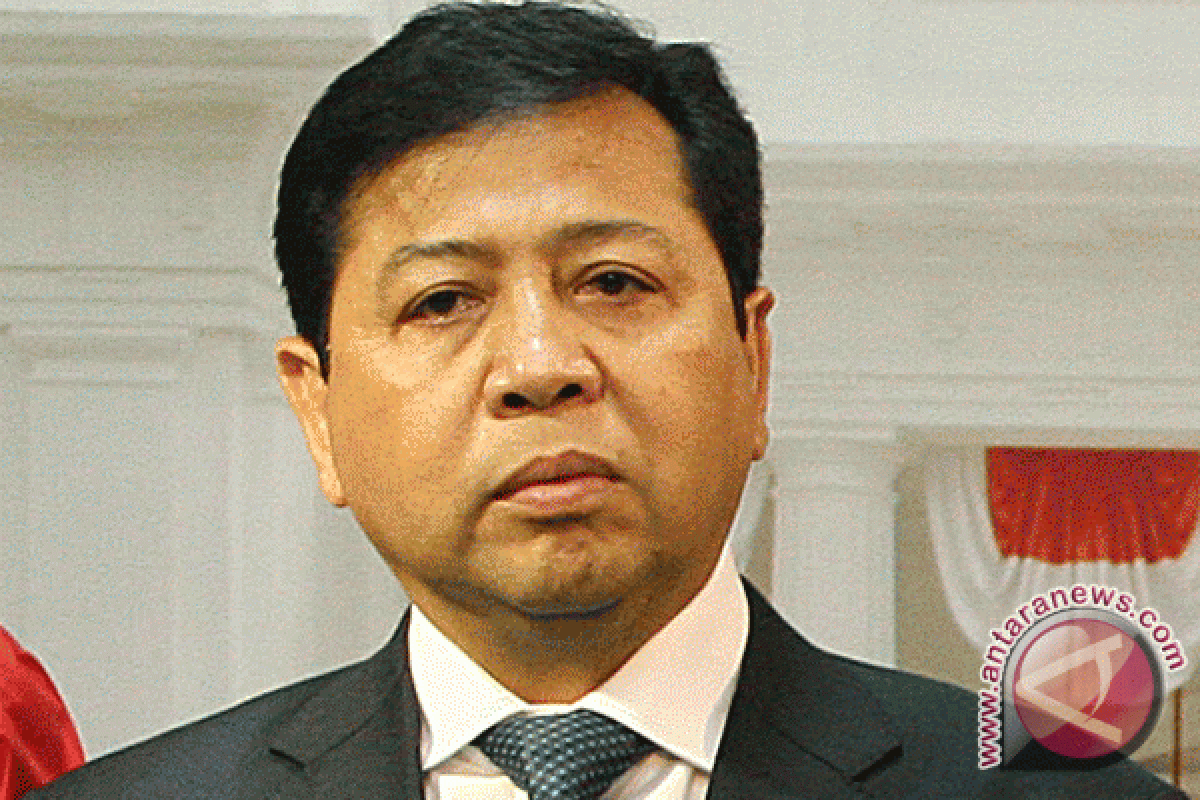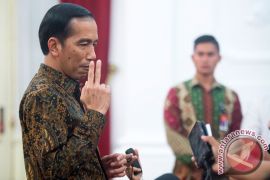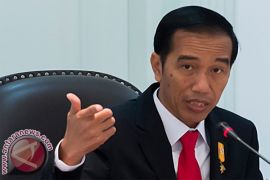The government should evaluate negotiations related to Indonesian citizens facing the death penalty."Jakarta (ANTARA News) - Chairman of the House of Representatives Setya Novanto has urged the government to evaluate coordination with Indonesian embassies, following the execution of Siti Zaenab binti Duhri Rupa in Saudi Arabia.
"We expect the government to conduct an evaluation of coordination with our embassies," Novanto said here on Wednesday.
He added that as the death penalty case of Zaenab will be a problem for families and Indonesians, the government should immediately resolve it with concrete measures.
"The government should evaluate negotiations related to Indonesian citizens facing the death penalty," he emphasized.
In addition, the government should prepare a budget for when a negotiation process will require a considerable amount of spending.
"The expenses should be accounted by relevant institutions, such as the Supreme Audit Agency (BPK)," he pointed out.
The Indonesian government sent a protest note to the Saudi government for not being notified prior to the recent execution of its citizen in that country.
"We have sent a letter to the Saudi government to ask why we were not notified about the execution," Foreign Affairs Minister Retno Marsudi stated here on Tuesday night.
She added that the Indonesian government and people had learnt about the execution, but were not informed about it in advance.
"We did not receive any information with regard to the execution," she claimed.
On behalf of the Indonesian government, the minister expressed her condolences to the bereaved family and prayed that the deceased would be given a decent place beside Him.
Moreover, the Indonesian government remains resolved to always optimally protect its citizens abroad, Marsudi emphasized.
"No one should question our stance and policy with regard to protecting our citizens," she added.
Referring to the governments actions in situations such as the evacuation of its citizens in Yemen, the minister affirmed that the government remained committed to protecting its citizens, including those facing legal problems in other countries.
With regard to the case of the executed citizen in Saudi Arabia, she pointed out that she had already reported the matter to President Joko Widodo.
"We have taken all efforts, including through diplomatic channels, legal avenues, approaching the family of the victim, and sending a presidential letter. Also, during my meeting with the Saudi deputy foreign affairs minister in March (I asked for a pardon)," she noted.
She revealed that maximum efforts had been taken, including offering monetary compensation, and "as they apply Qisas as their legal system, the decision (to grant pardon) lies entirely in the hands of the victims family."
In response to the execution, President Joko Widodo also expressed his deepest condolences to the bereaved family, and has ordered that the governments commitment to protect its citizens be maintained.
The government also offered help to the grieving family, including facilitating them to go to Saudi Arabia to see the deceased, she remarked.
"Tonight, a team from the Foreign Affairs Ministry will go to Bangkalan to meet the bereaved family," she affirmed.
The Indonesian Consulate General in Jidda received information that Siti Zaenab binti Duhri Rupa had been executed at 10 a.m. local time on Tuesday, the Indonesian Foreign Affairs Ministry said in a press statement on Tuesday.
The Indonesian government has expressed its condolences to the family and relatives of Siti Zaenab.
It also conveyed its protest to the Saudi government for failing to notify any Indonesian representative in Saudi Arabia or Zaenabs family about its plan or the date of the execution.
Zaenab, an Indonesian migrant worker employed in Saudi Arabia, was sentenced to death after a court found her guilty of murdering the wife of her employer in 1999.
Zaenab had been imprisoned in a Medina jail since October 5, 1999. After a series of court proceedings, the Medina Court sentenced her to death on January 8, 2001.
According to Saudi Arabian law, only the heir of the victim can pardon the guilty.
The execution was put on hold pending the youngest son of the victim becoming an adult and making a decision.
In 2013, after he was declared an adult, the victims youngest son refused to pardon Zaenab, demanding that she be executed.
(Uu.A063/KR-BSR/A014)
Editor: Priyambodo RH
Copyright © ANTARA 2015









